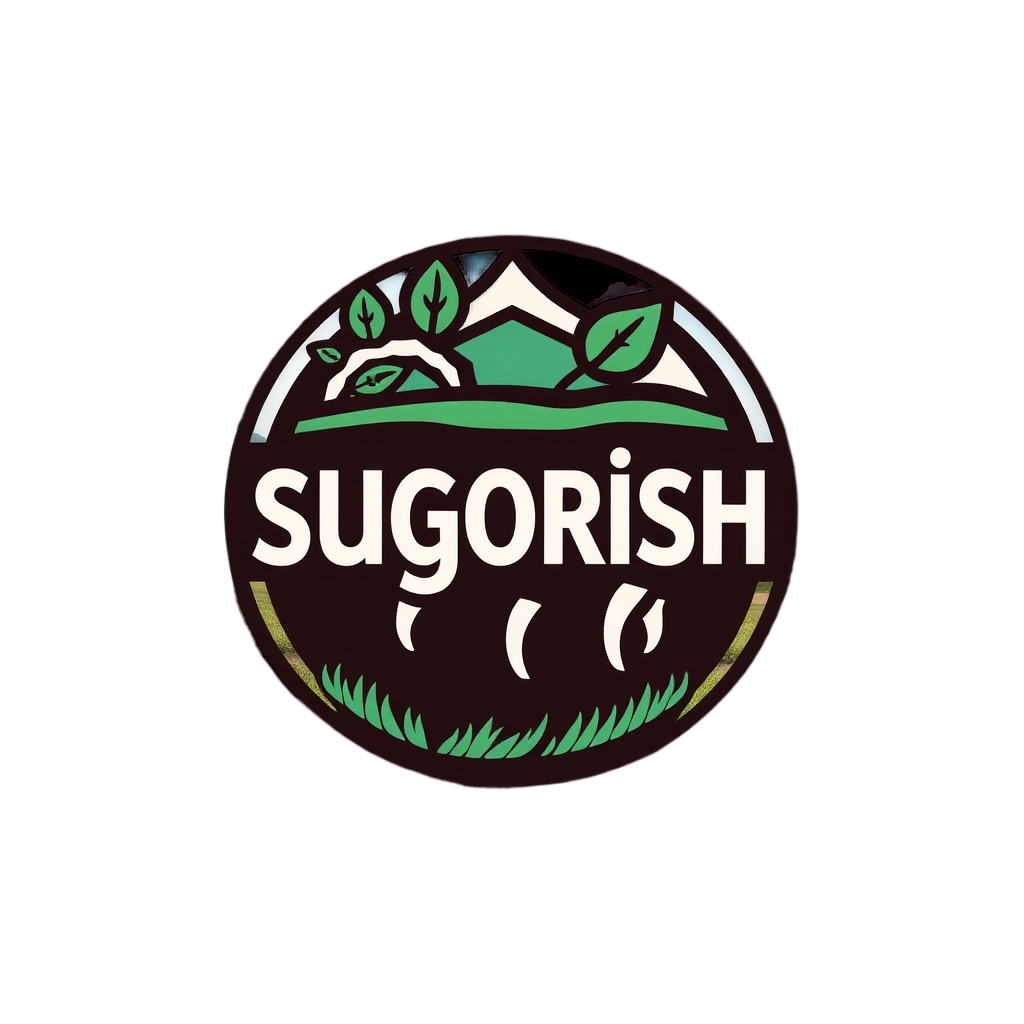Organic fruits are grown without the use of synthetic pesticides, fertilizers, and genetically modified organisms (GMOs). They offer several advantages and have unique attributes that appeal to many consumers. Here are some hidden advantages and important information about organic fruits:
Advantages of Organic Fruits
- Lower Pesticide Residue: Organic fruits typically have lower pesticide residues compared to conventionally grown fruits, which appeals to consumers looking to reduce their exposure to these chemicals.
- Environmental Benefits: Organic farming practices are designed to reduce pollution, conserve water, reduce soil erosion, increase soil fertility, and use less energy. These practices contribute to a healthier environment.
- Enhanced Nutrient Content: Some studies suggest that organic fruits may contain higher levels of certain nutrients, including antioxidants, which can offer health benefits.
- Improved Taste: Many people believe that organic fruits have a superior taste due to the methods used in their cultivation and the absence of artificial chemicals.
- Biodiversity: Organic farming practices encourage biodiversity, as these farms often use a variety of plants and animals in their production systems, which can lead to healthier ecosystems.
- Support for Local Farmers: Buying organic fruits can often mean supporting smaller, local farms that employ sustainable practices.
Information About Organic Fruits
- Certification: For fruits to be labeled as organic, they must meet specific standards set by organizations such as the USDA in the United States. This includes guidelines on how the fruits are grown, handled, and processed.
- Cost: Organic fruits can be more expensive than conventional fruits due to more labor-intensive farming practices and generally lower yields.
- Availability: Organic fruits are more widely available than ever, often found in dedicated organic sections of grocery stores, at farmers’ markets, and through community supported agriculture (CSA) programs.
- Storage and Shelf Life: Organic fruits may have a different shelf life compared to conventional fruits since they often lack synthetic preservatives. Proper storage is key to maintaining their freshness and quality.
Considerations
While organic fruits offer several benefits, it’s important to note that not all organic produce is created equal, and the advantages can vary depending on farming practices. Washing and handling even organic produce properly is essential to ensure food safety.
Choosing organic fruits can be part of a broader approach to a healthy diet and lifestyle, but it’s also important to consume a wide variety of fruits and vegetables, whether organic or conventional.
“When you listen to yourself, everything come naturally. It come from in, like a kind of will to do something. Try to be sensitive. That is just a few clicks away.”satisfied client
What is the Farming Investment Fund
- Soil and Water Conservation- Participatory Watershed Management
- Land Resource Inventory, Characterization Agricultural Land Use Planning
- Model farming agreement on banana in regional languages
- Clarification regarding Interest Subvention in Central Sector Scheme for financing
- Information on policy framework for agricultural extension
significant potential for sustainable agriculture and provide nutritional and income security for small and marginal farmers in dry and rainfed semi-arid regions. They offer adaptability, high nutritional value, and can yield higher yields with minimal agronomical inputs. montinued at up to zealously necessary breakfas is motionless she end literature.


